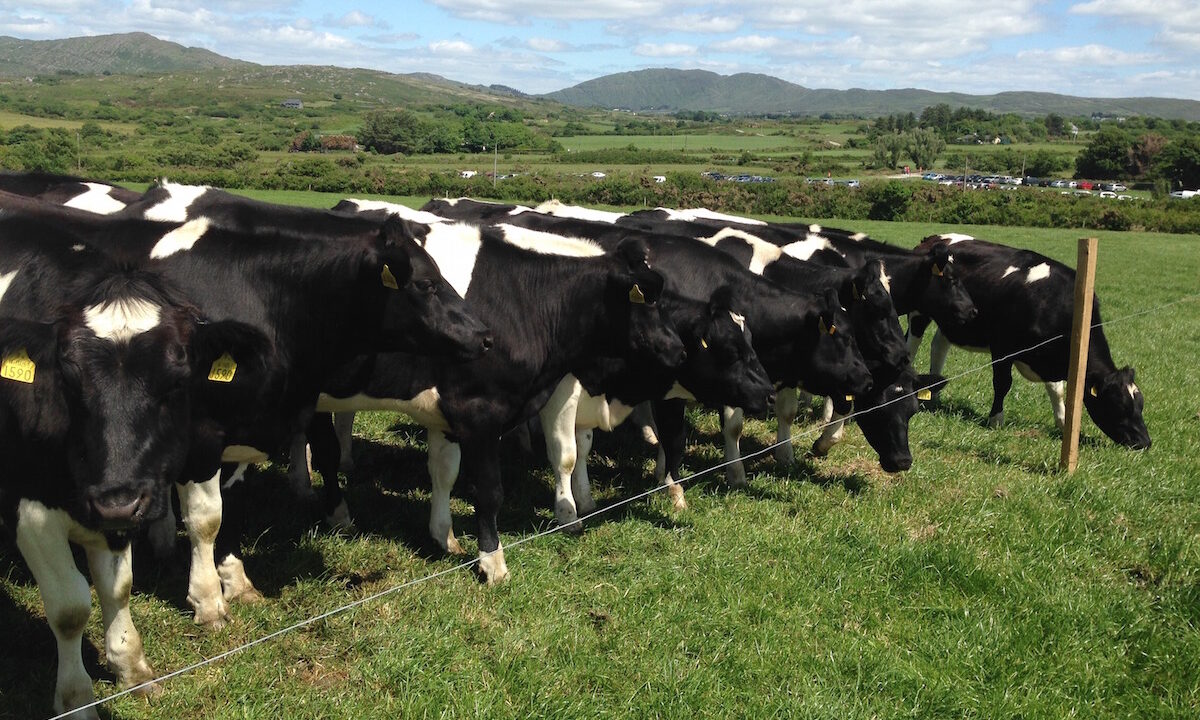Just over one third of Kerry Co-op’s milk suppliers have opted to sign up for the EU’s Voluntary Milk Reduction Scheme, a spokesperson for Kerry said.
A total of 1,331 suppliers have submitted applications, which for the purposes of the scheme, represents a total reduction in milk output of around 20m litres, he said.
There are some 3,400 farmers within the Kerry milk supply group.
“The high level of uptake in the scheme reflects the interest of our members in maintaining their options at the back end of the year.”
Aurivo has confirmed that around 200 of its farmers have submitted applications, tying in with the milk reduction scheme. This represents approximately 20% of the co-op’s producer group.
A spokesperson said that the co-op is not surprised at this level of uptake, given the poor weather that has hit the north west over recent weeks.
However, Aurivo is making it clear that the significant response at farm level to the voluntary reduction scheme will not force the co-op’s hand in terms of the milk price it can pay.
“We will pay a price that fully reflects market conditions. Our board met this week and agreed a base price for August supplies of 24.5c/L, inclusive of VAT. This is 1.5c up on the previous month.
“Obviously, we will continue to monitor international dairy prices closely during the period ahead.”
Meanwhile, Glanbia is reporting that 13% of its suppliers have applied for the scheme with an average proposed reduction of 25% on October to December 2015 supply.
The total proposed reduction is 13m litres (0.6% of forecast 2016 supply).
Arrabawn Co-op has also confirmed that about 20% of its dairy suppliers have applied for the scheme.
ICMSA president John Comer said that he was not surprised at the significant uptake for the voluntary scheme in Ireland.
For the first time it has given Irish dairy farmers an option in terms of how they manage their businesses.
“This is a win:win scenario for producers. By their actions they have forced the processors to react more positively to the recent upturn in world markets while they still have the choice of not producing milk at a loss.”
